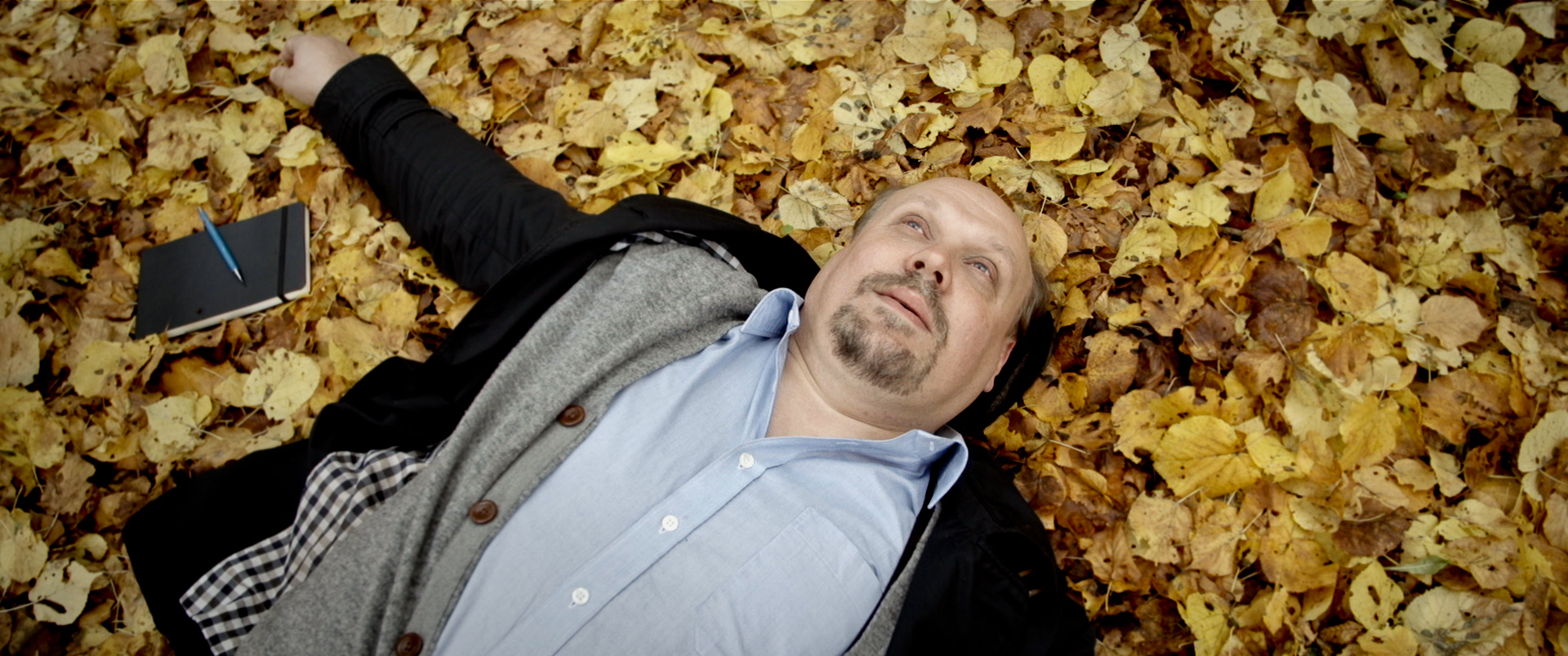By Mark Saldana
Rating: 3 (Out of 4 Stars)
Progress and prosperity have both positive and negative effects. During the Industrial Revolution, humanity made advancements in technology; however, initially, living standards declined and in the long run, some of the processes developed during this period would have some negative effects on the environment. More recently in my city of Austin, a huge population and economic boom has lead to the gentrification of East Austin and a greatly changing landscape with some of the older properties and businesses (some with some historical value) getting demolished for condominiums/shopping centers to meet the demand of the new residents. Prosperity can lead to a period of great changes, but often these “advancements” can lead to excess and can have negative effects on the human soul.
These are some of the issues addressed by this lovely film from Finland. In this story, a retired architect reflects upon his life, career and the choices he has regretted the most. During the 1980s, Kaarlo Theo Kaski (Hannu-Pekka Bjorkman) and his business partner Vincent Martikainen (Ville Virtanen) started an architecture firm with all the intentions of blending beauty, practicality, and integrity. During a period of growth and expansion, Theo and Vincent are offered a very lucrative deal to transform a beautiful coastal area from classic wooden homes to thirty-two concrete towers to meet the demands of the growing population. In 1993 while residing in boarding house in Germany, Theo ponders the direction his life has taken and meets with Vincent with whom he passionately discusses his regrets. Theo decides that before he completely retires, he must build his dream home for him and a lost love. This home would be a project of the heart that would offer him some, but little redemption for the sins of his past.
Written and directed by Rax Rinnekangas, Theo’s House has some truly beautiful scenes and moments. The writer/director obviously has put much heart and passion into this film and it is difficult not to be touched by the sentiments and emotions expressed. The movie features some gorgeous cinematography by Petta Uotila and an exquisite score by Pascal Gaigne. One thing I didn’t particularly enjoy is the use of some English language songs during some of Theo’s ponderous moments. These songs, seemingly written for the movie, basically express in words every single thought and emotion Theo feels, but does so like a laundry list. It made the movie feel like a bad musical. Thankfully, there are only a few of these scenes,but the film really could have done without them.
The story also takes an odd direction in the development of the love story. It’s not so much a love story per se, but rather a romantic nostalgia from Theo’s childhood. Theo pines for a close friend he had as a child, and wishes to reconnect with her. However, he doesn’t simply want to connect with her in a sweet reunion sort of way. Theo wishes to begin a romantic relationship with this lady whom he hasn’t seen for about fifty years. Not once did he ever have an adult romantic connection with her. He only knew her as a child. For me this desire to connect with this person comes across as bizarre and inexplicable. Obviously, Theo is hurting and lonely, but why this nostalgic feeling from his childhood is leading to this passion for this now woman makes very little sense to me.
Aside from this strange conclusion and ending, the film certainly has it heartfelt and enchanting moments. The acting by the cast is superb and Rax Rinnekangas and Petta Uotila do wonderful work in framing some beautiful shots. This film probably won’t appeal to all audiences, but for those looking for a genuine piece of artistic expression, Theo’s House is definitely worth experiencing. The film has an exclusive run at the Quad Cinema in New York, NY starting on December 12.
